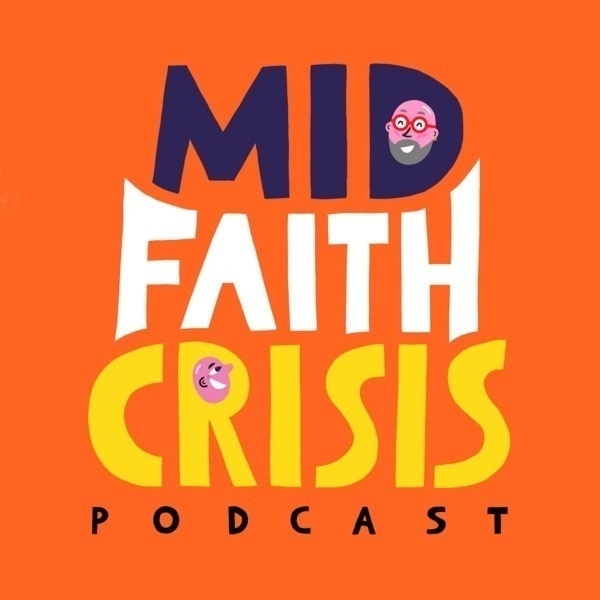
This is a bit of a curious episode, because we’re revisiting material that we recorded and wrote almost eight years ago.
Following on from my recent article on the Council of Nicea, Joe suggested that we come up with our own creeds, forgetting that we’d done it in August 2017. In Mid-faith Crisis episode 22, ‘The schism starts here’ we actually listed our personal statements of faith.
So I thought, eight years on, it would be interesting to return to those, have a look at what we wrote and talk about whether we still agree with it.
Actually I don’t think much has changed.
I based mine around something from the Epistola Apostolorum – the Letter of the Apostles – which, curiously, I also referred to in a recent episode. Basically I’ve mentioned it twice in eight years. And forgotten about it entirely in between. It’s a curious document, a kind of edited highlights of the gospels. Anyway, in one short passage, the writers talk about the five loaves in the feeding of the five thousand. They say that these loaves ‘are the symbol of our faith in the Lord of the Christians (in the great christendom)’ symbolising, respectively, ‘the Father, the Lord Almighty, and in Jesus Christ our redeemer, in the Holy Ghost the comforter, in the holy church, and in the remission of sins.’
So the five pillars of the faith, for that early community at least, were the Trinity, the church, and forgiveness. I’m not sure why I used this as a framework, but I combined forgiveness with resurrection, added something about the Bible, and came up with these four statements of faith:
- We believe in God the Father, Creator of all things, in Jesus Christ his Son our saviour and teacher, and in the Holy Spirit. (It’s a Trinity. There’s three in one. But don’t ask me how it works.)
- We believe in the community of believers (because it’s good for followers of Jesus to meet.)
- We believe in loving forgiveness and new life, now and in the future. (And we live this life like Jesus.)
- We believe that the Bible is true. (Which is different to saying that it all actually happened.)
I think I would hold to these today. What I like about this, compared to the official creed, is that there is stuff which you have to do. The creed we say in church is purely about belief, rather than action. It’s a load of statements of historic or doctrinal fact, but it doesn’t say you have to do anything. This I think is the real problem with credal statements.
Anyway, it was a curious experience to revisit my old self. I sounded very argumentative to be honest. Maybe I’ve mellowed as I got older. But my core beliefs – if these can be called that – don’t seem to have changed.